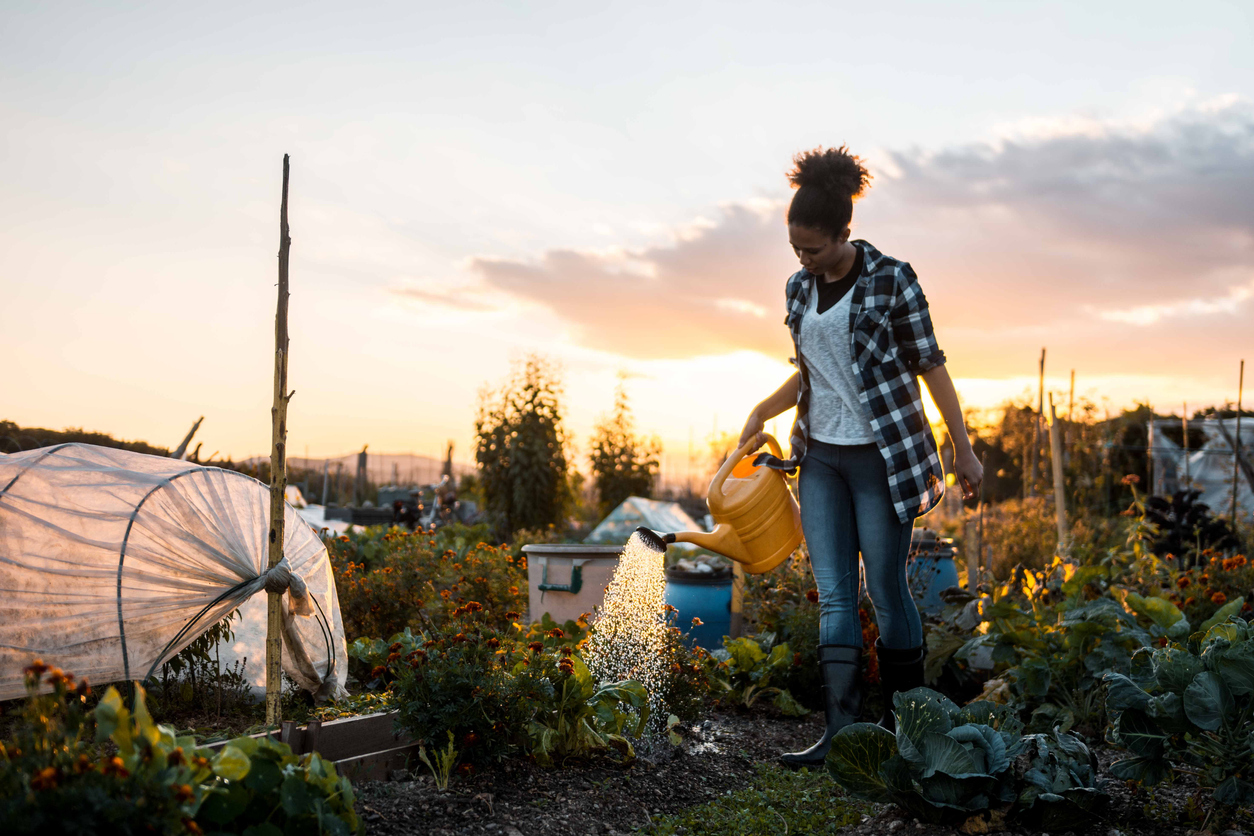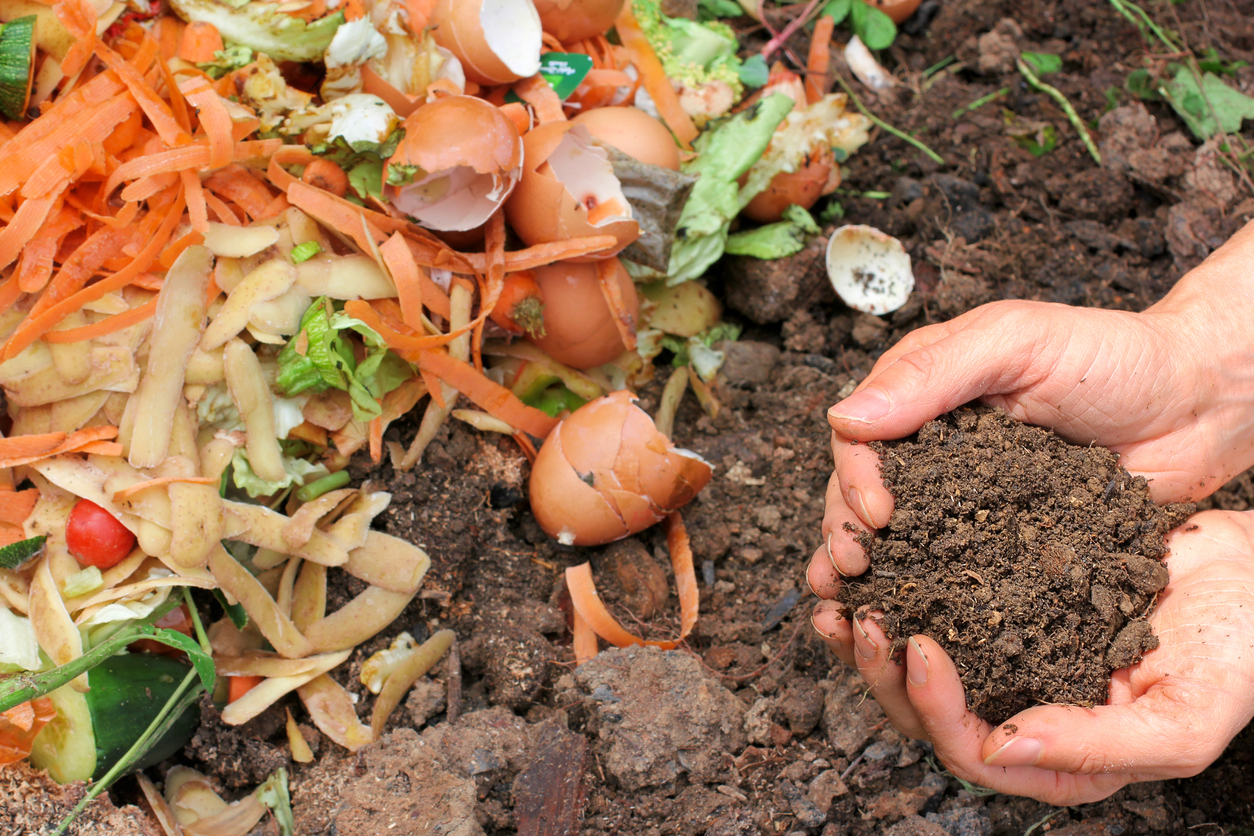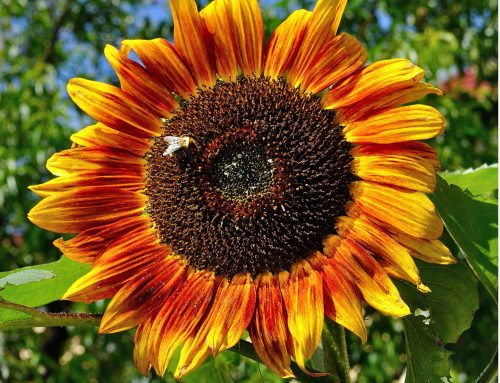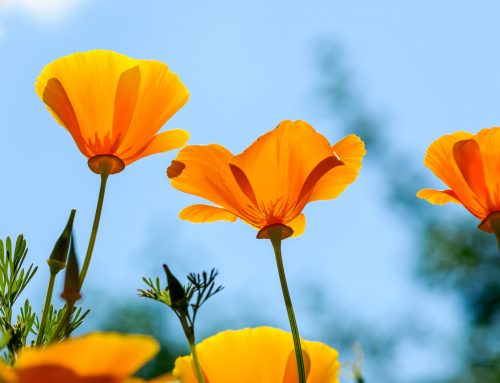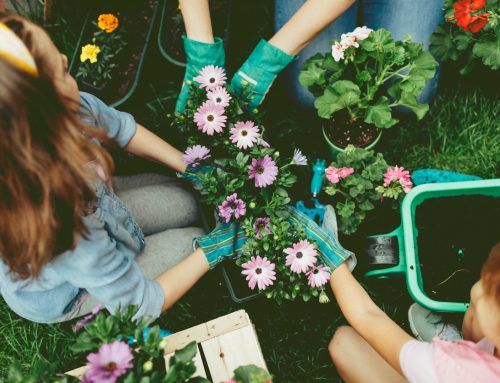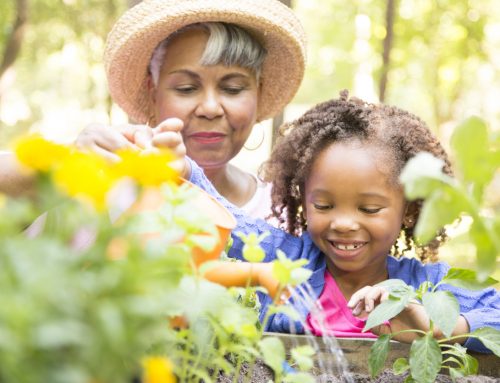Sometimes gardening seems complicated, but if you follow these guidelines, they will simplify the process and lead to a healthy, beautiful garden!
Poor Water Management
- Avoid watering too much in the heat of the day, increasing evaporation.
- Water only where it’s most needed, around the base of plants so roots can reach it.
- Avoid overhead spray when possible, which distributes moisture unevenly among plants and puts foliage at risk of disease.
- Water for a longer period just once or twice a week so water can sink more deeply into the soil, stimulate roots to grow more deeply, and train plants to better handle hot dry periods when water use may be restricted.
Wrong Plant-Wrong Place
- Pick plants that grow best in sun or shade based on your garden space.
- Avoid over-crowding by knowing how big your plant will grow, and giving it enough room next to others, as well as the doors and windows of your home.
- Put plants that like more or less water together, and water those areas, as needed.
- Reduce the use of pest and disease treatments by avoiding less than ideal plant choices.
Failure to Feed the Soil
- Feed soil with organic matter and nutrients like compost, shredded leaves, grass clippings, or an organic fertilizer.
- Organic materials are broken down and used by microbes in the soil that release the nitrogen, phosphorus potassium and other nutrients the roots can take up to grow a healthy plant.
- Synthetic fertilizers can burn plants, their salts can damage the soil microbes, and their chemicals can leach out into the environment.
Overuse of Fertilizers
- More is not better, because fertilizer that can’t be taken up by the plant can leach away into groundwater, and harm the watershed habitats of fish, birds and animals.
- Use all chemicals – even fertilizer chemicals – with caution.
Over Use of Pesticides
- Apply pesticides with care and avoid broad spectrum products that can kill good bugs along with the bad bugs.
- Bees, butterflies and lady beetles are the most commonly known of thousands of beneficials that are good in the garden and feed on pest bugs.
- Birds that feed on insects killed by pesticides, as well as frogs or lizards in your garden, are very sensitive to chemicals and
- can die from contact.


